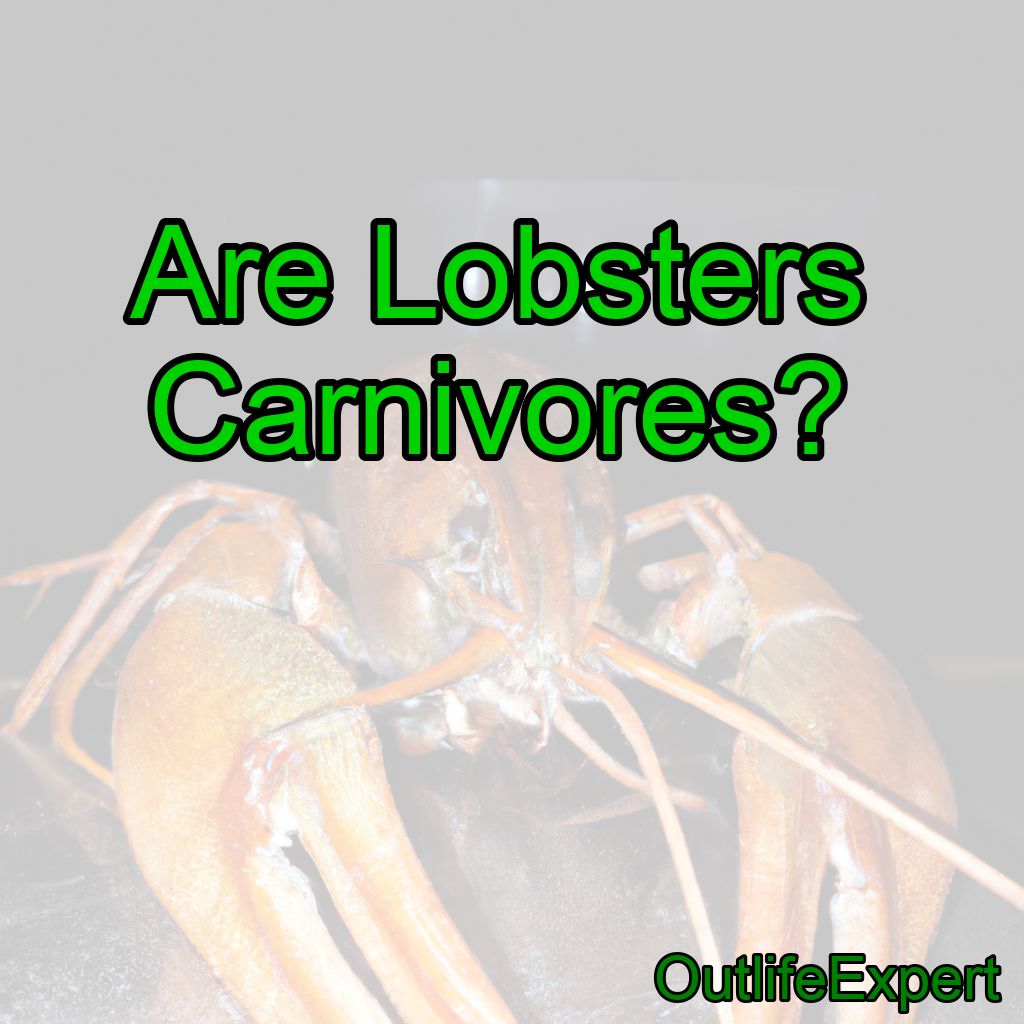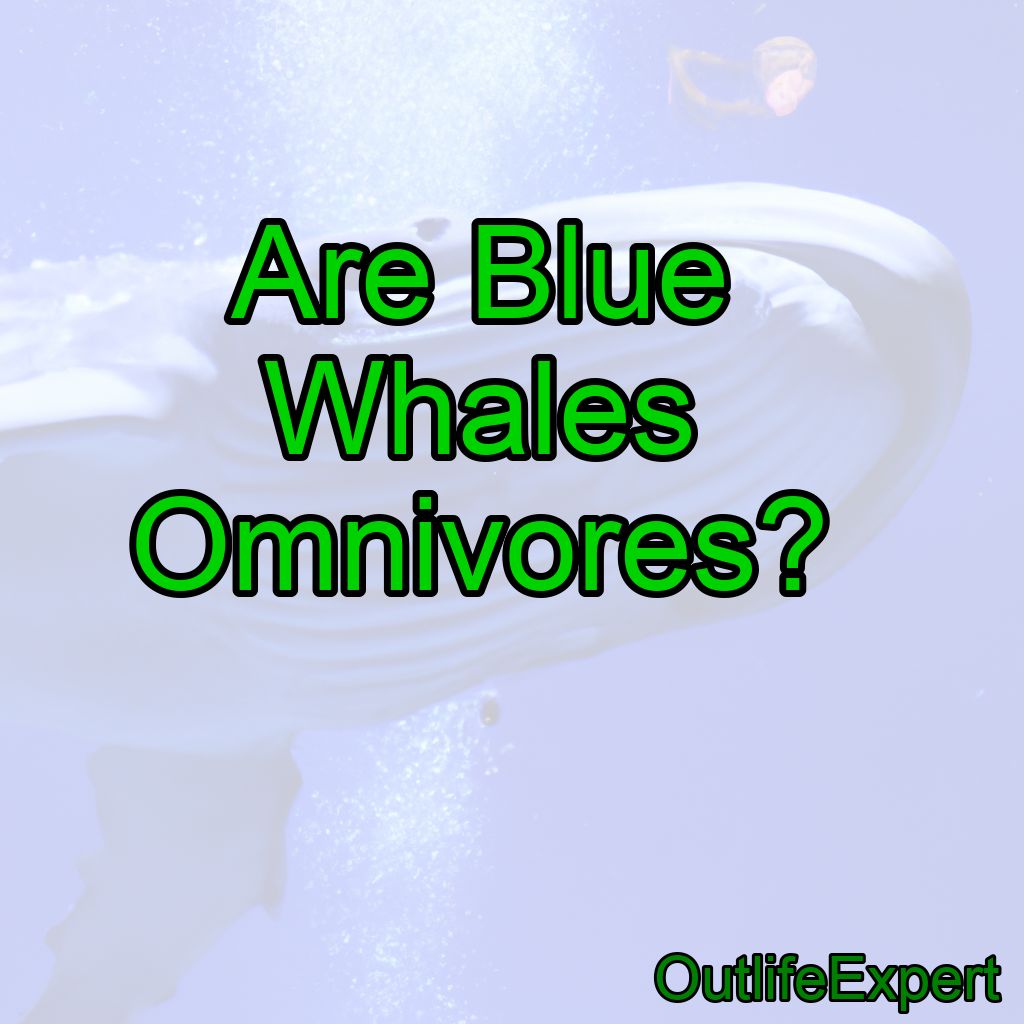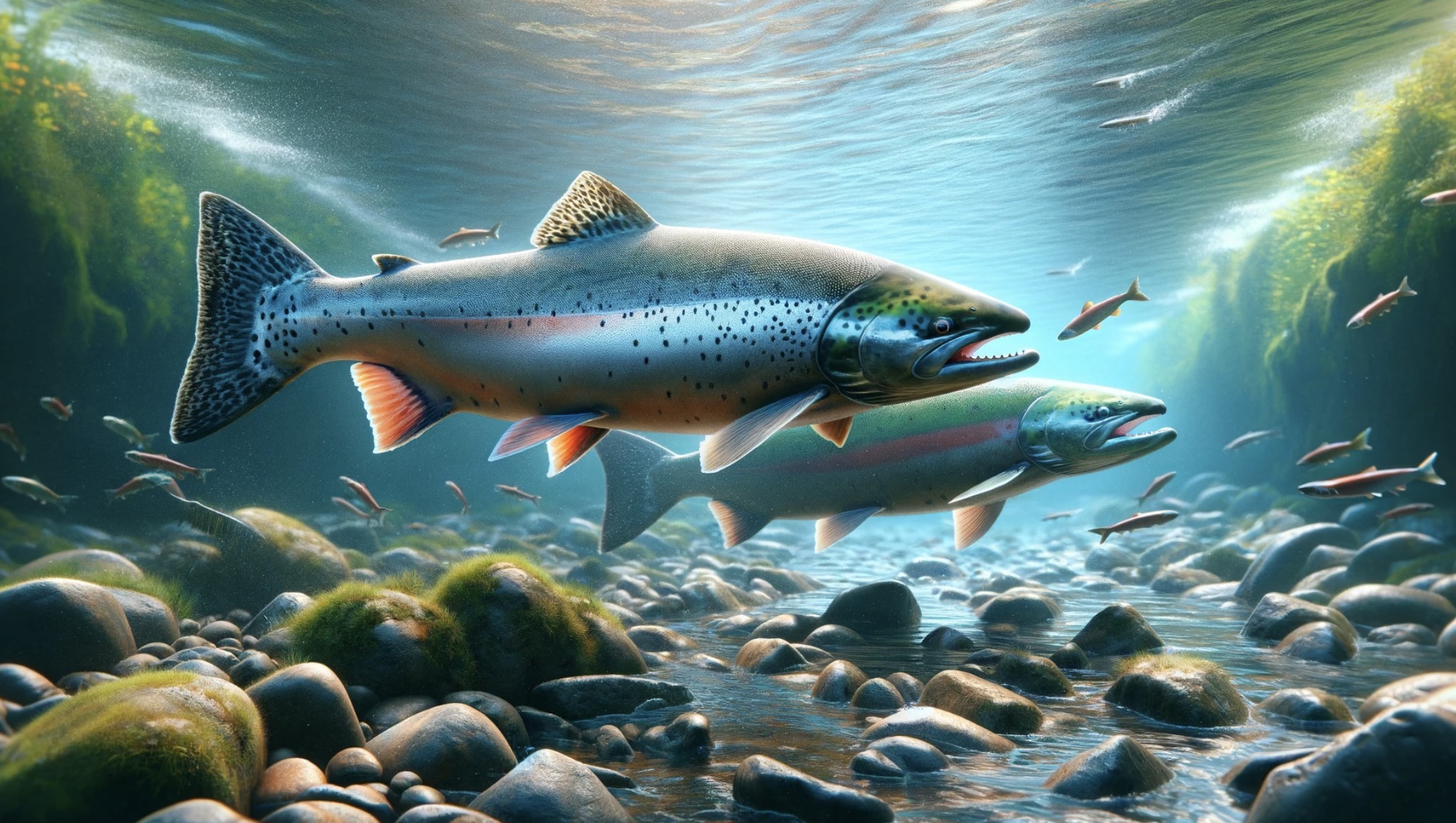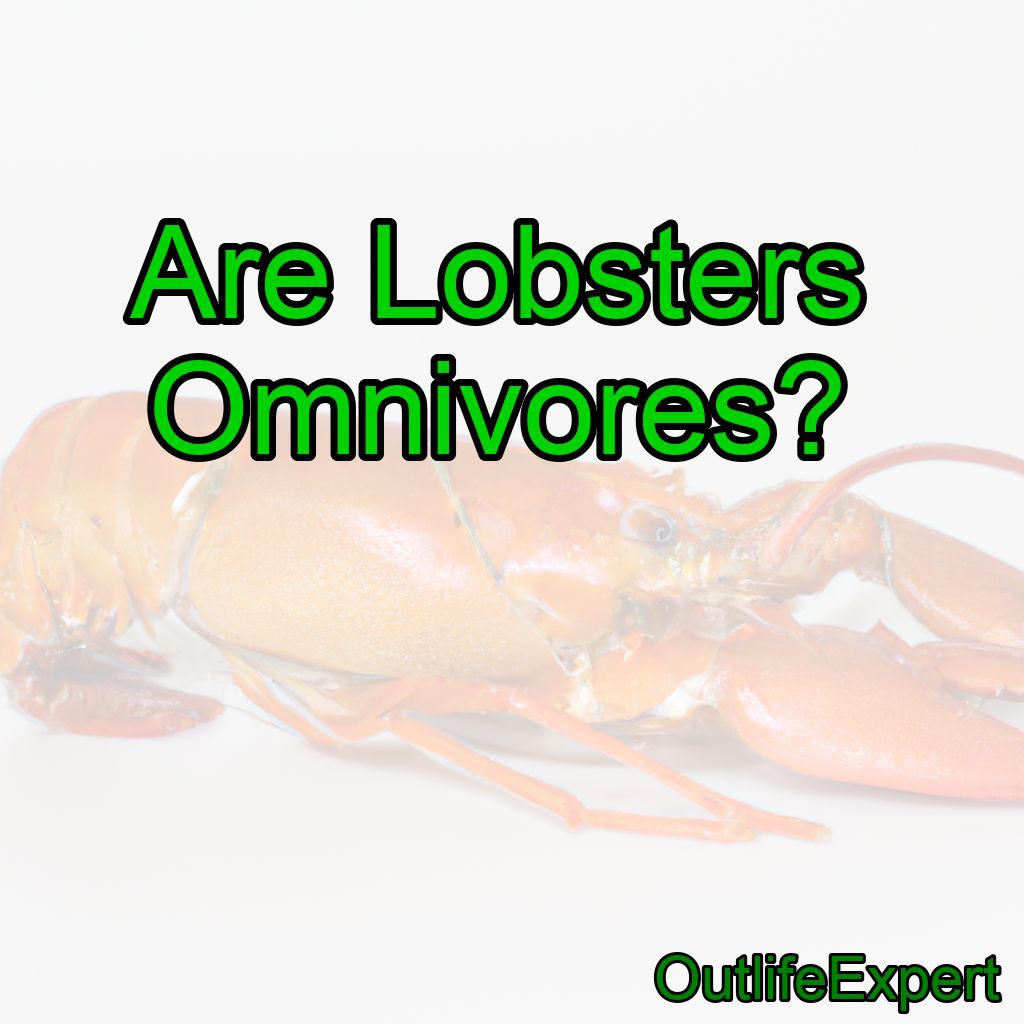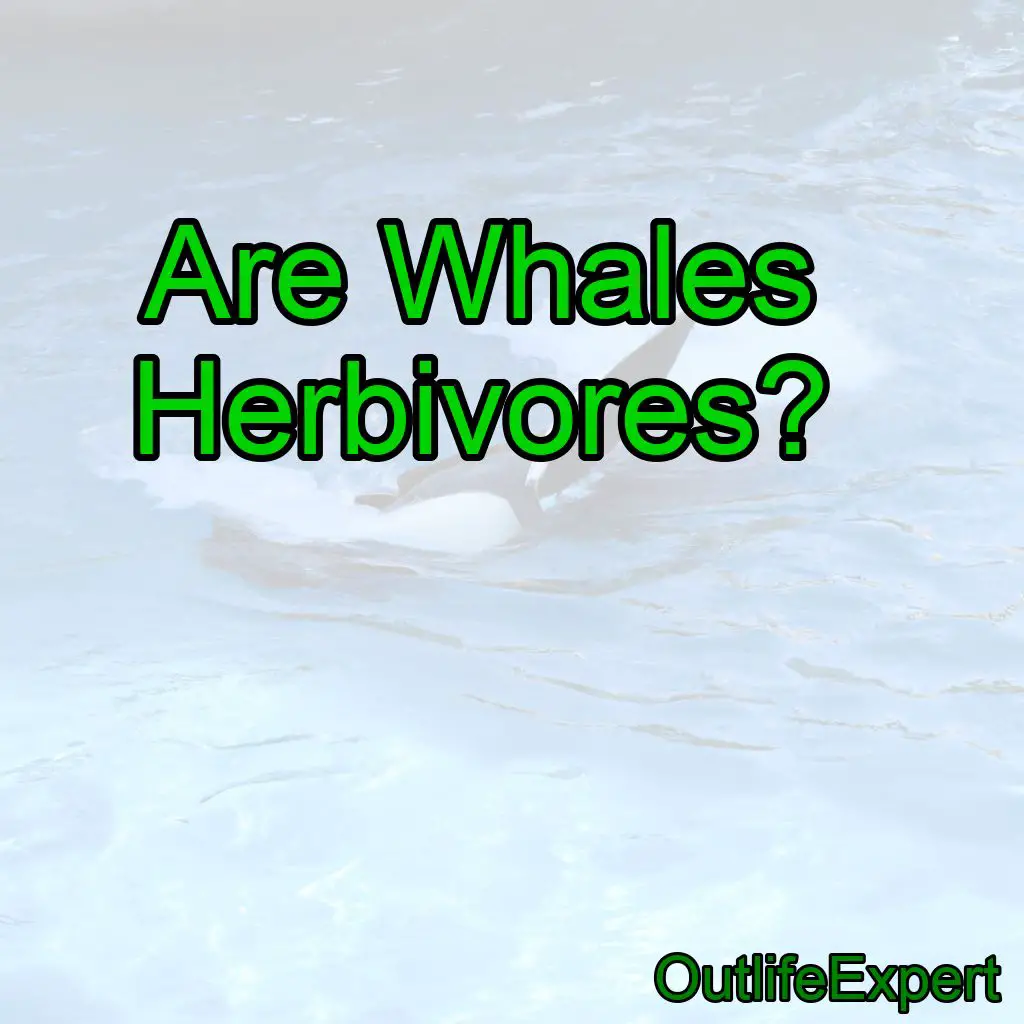Are Lobsters Carnivores?
Yes, lobsters are carnivores. As a marine biologist, I’ve had the pleasure of studying these fascinating creatures up close, and I’m excited to share my knowledge with you. In this blog post, we’ll dive deep into the world of lobsters, their diet, and their hunting habits. We’ll also explore their role in the marine ecosystem,…

